Mr. Lores said this is to protect the company's intellectual property (IP), saying, “We build a lot of IP into the ink of the printer, into the printer itself… And what we do is when we identify cartridges that infringe on our IP, we will stop the printer from working.” This means HP can prevent the use of cheaper cartridges, including deploying firmware updates that prevent printers from working.
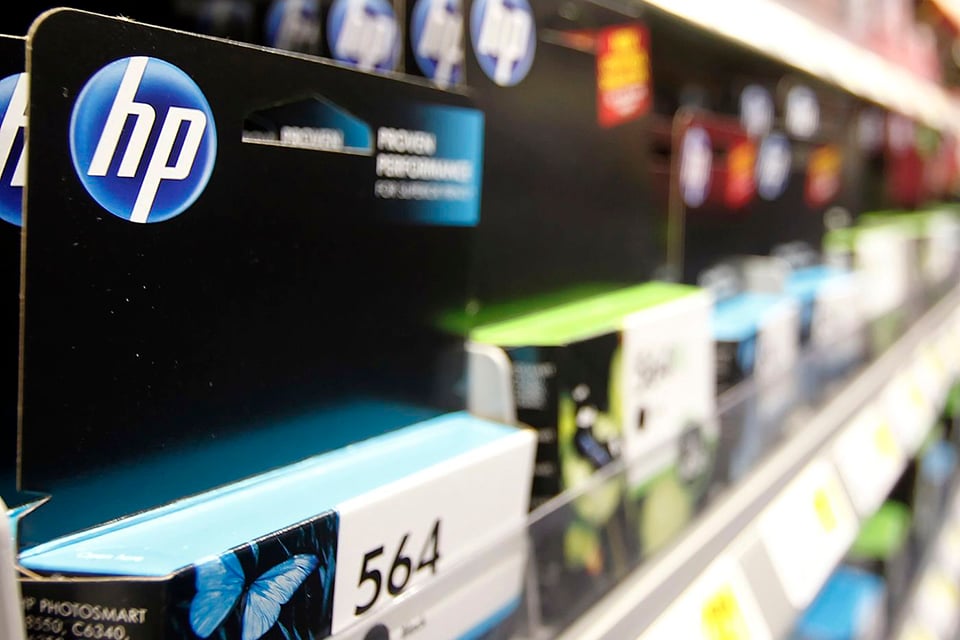
HP printer users are having to depend on the company's "expensive" ink.
SCREENSHOT THE VERGE
HP introduced Dynamic Security in 2016 to protect its IP and improve its financial health. Enrique Lores wouldn’t provide figures, but he confirmed HP was losing money on printer sales. The company makes money on consumables, including ink cartridges, but higher prices have driven consumers to look for alternative ink solutions.
In his statement, Mr. Lores also gave surprising information to justify blocking third-party cartridges: “We found that the bad guys can integrate viruses into the cartridge. Through the cartridge, the virus enters the printer, then enters the network.” He said this was based on a study (conducted by HP) that showed that after the process of searching for bugs to determine if the cartridge could be a cyber threat or not, and more specifically, the reprogrammable chip integrated into the cartridge. It is used to communicate with the printer and can act as an attack vector.
While all of this is theoretically possible, there have been no known exploits of the vulnerability. This likely stems from the fact that it would take a significant amount of resources to exploit it. HP sees it as a potential threat, so they want to stop it before it gets exploited.
Source link


















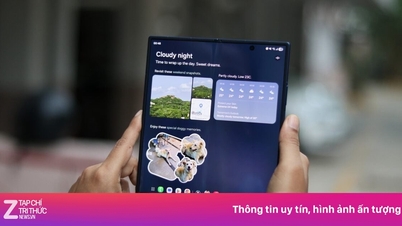



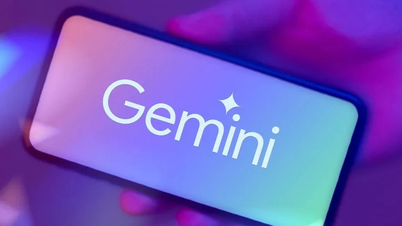

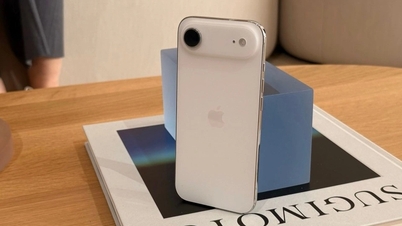








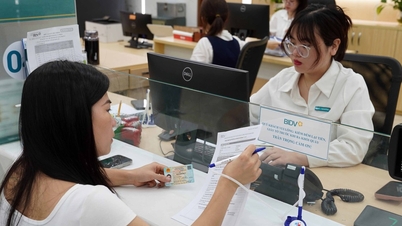





























































Comment (0)